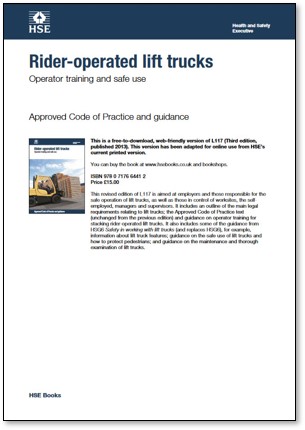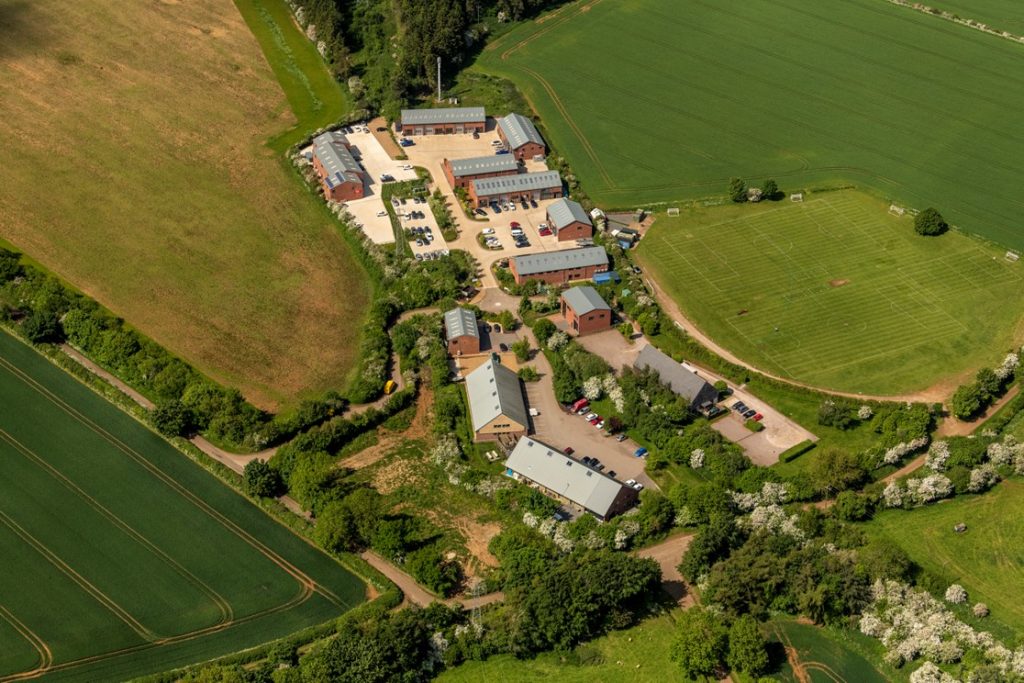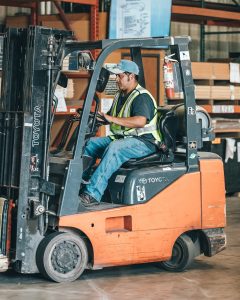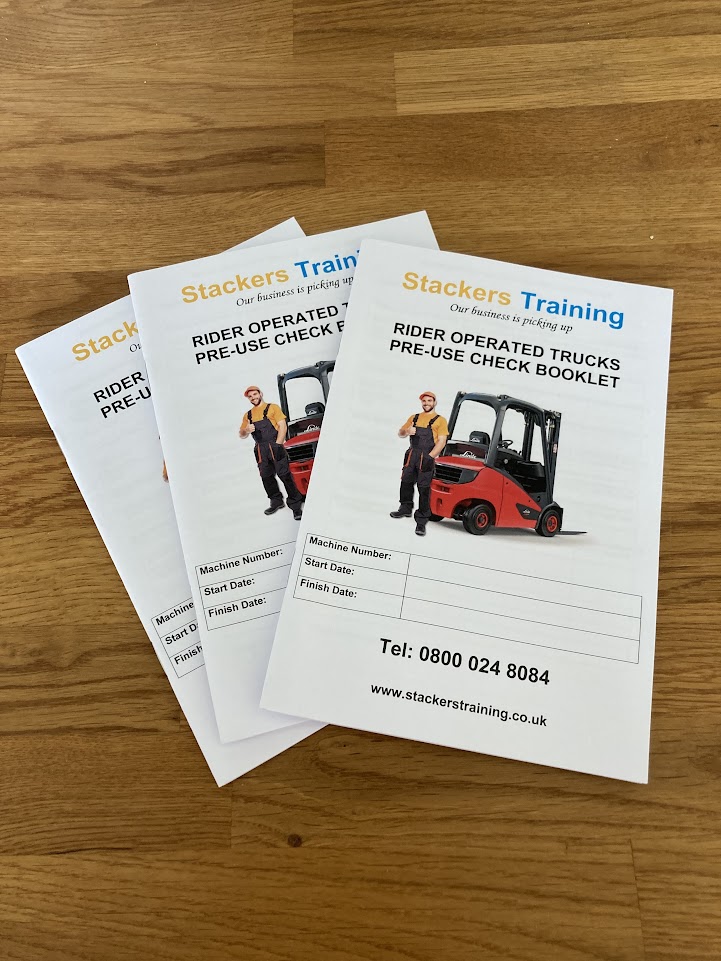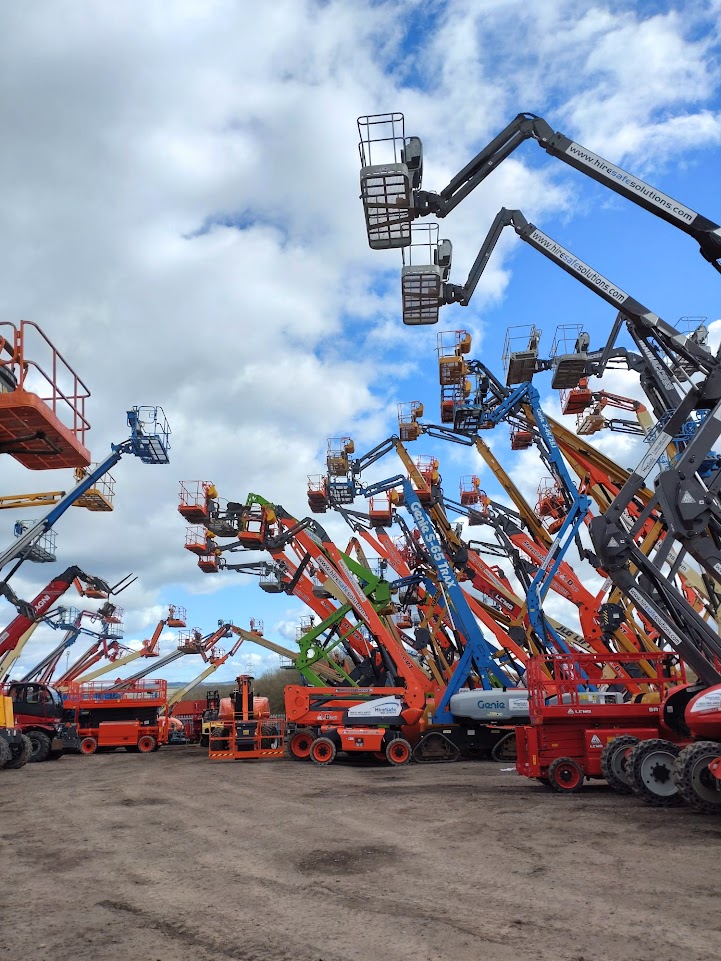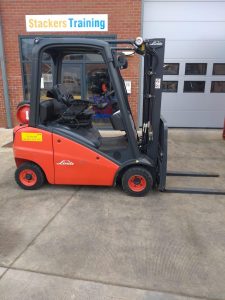Congratulations to Craig who passed his training on the multi directional truck recently.
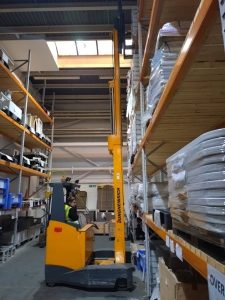
As technology marches on and hydraulic drive is becoming more the norm, multi directional trucks are becoming more widely used.
The ABA (Accrediting Bodies Association) have categorised these into 3 different types and they are as follows:
M1 – is a rider operated electric multi directional counterbalance truck.
M2 – is a rider operated electric and internal combustion engine multi directional side loader.
M3 – is a rider operated electric and internal combustion engine multi directional reach truck.
All these machines have amazing capabilities working in very tight spaces but being able to manoeuvre long loads that would have been very difficult to transport without the old fashioned side loader trucks that would have required much more space.
The photo here shows a M3 multi directional reach truck. This can go forwards/backwards and sideways in either direction at the press of a button.
We do not have a multi directional truck at our training centre but we can provide training on these on customer premises.
For more information on courses call us on 0800 024 8084 or e-mail anne@stackerstraining.co.uk



